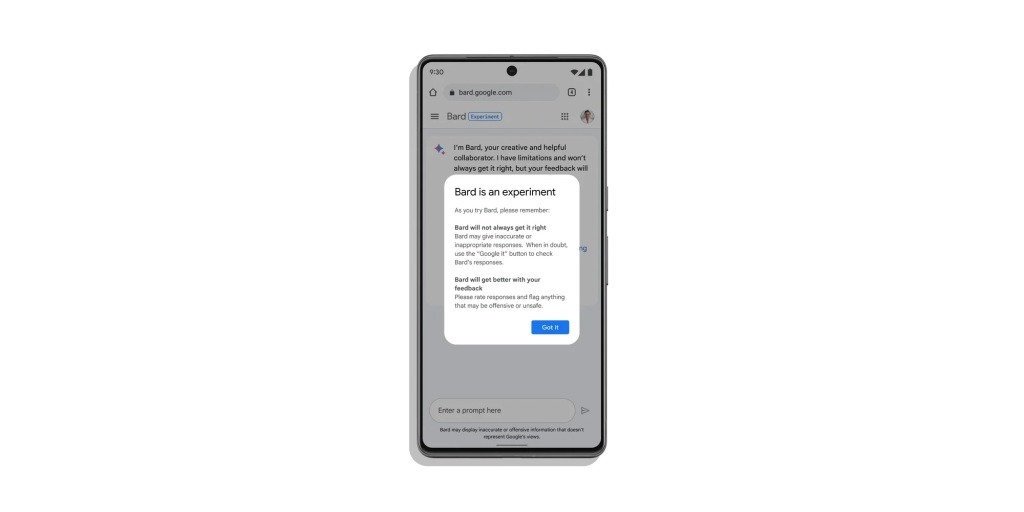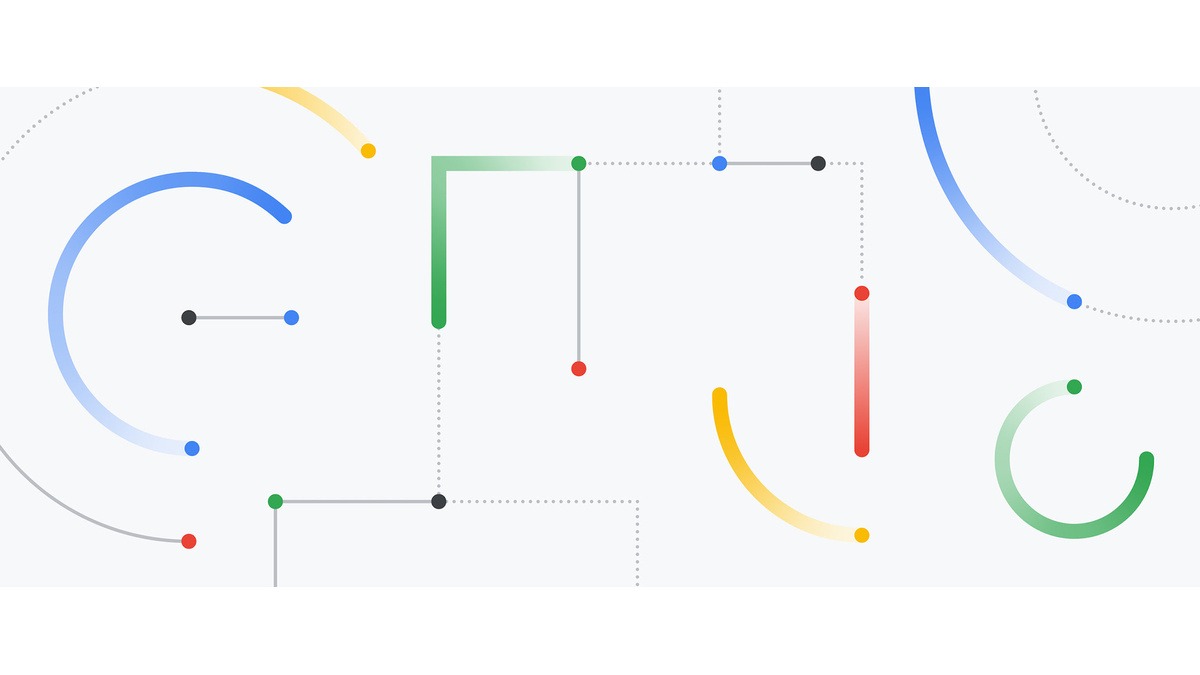The floodgates for generative Al have been opened by ChatGPT, Bing, and others; today, Google is releasing access to their Google Bard Al.

Google Bard AI: a competition?
Google announced in a blog post on The Keyword that access to Google Bard AI is now available in certain places. This isn’t the first time Bard and its Al tricks have been seen in public, but it does provide the general public early access by signing up for a waitlist.
During this early access period, users who advance through the waitlist will be able to use Bard’s ChatGPT-like research large language model (LLM) by providing prompts to Bard. This might involve answering questions, coming up with ideas and summaries, explaining complex concepts, and other tasks.
However, Google warns that Bard will not always get it correctly. The firm isn’t afraid to share when Google Bard AI makes mistakes, and the corporation discusses many examples in today’s piece. This contains an indoor plant question in which Bard erroneously provided the scientific name for a plant species. Google says it has “guardrails” in place to assist prevent such blunders.
This includes the opportunity to examine numerous drafts of the same Bard response by selecting “view other drafts.” When asked the same question, Bard, like ChatGPT and others, will generate a different response, but in Google’s case, the user will be able to examine three of those responses without reissuing the query.
Google also claims that Bard is “complementary” to current Google Search rather than a replacement. As a result, Bard’s responses will contain a “Google it” button that will take visitors to standard Google Search to view the sources Bard has used and “dig further.”
As of now, it appears that Google Bard AI does not display sources nearly as prominently as Bing’s chat experience. Also, Bard’s number of exchanges in a discussion will be limited. Google also requests that users rate answers and flag anything that may be disrespectful or dangerous.
Google Bard AI early access will be accessible in English in the United States and the United Kingdom beginning today. Google said it will expand access to more nations and languages “over time.”
“We’ll continue to improve Bard and add capabilities, including coding, more languages, and multimodal experiences. And one thing is certain: We’ll learn alongside you as we go. With your feedback, Bard will keep getting better and better.”
